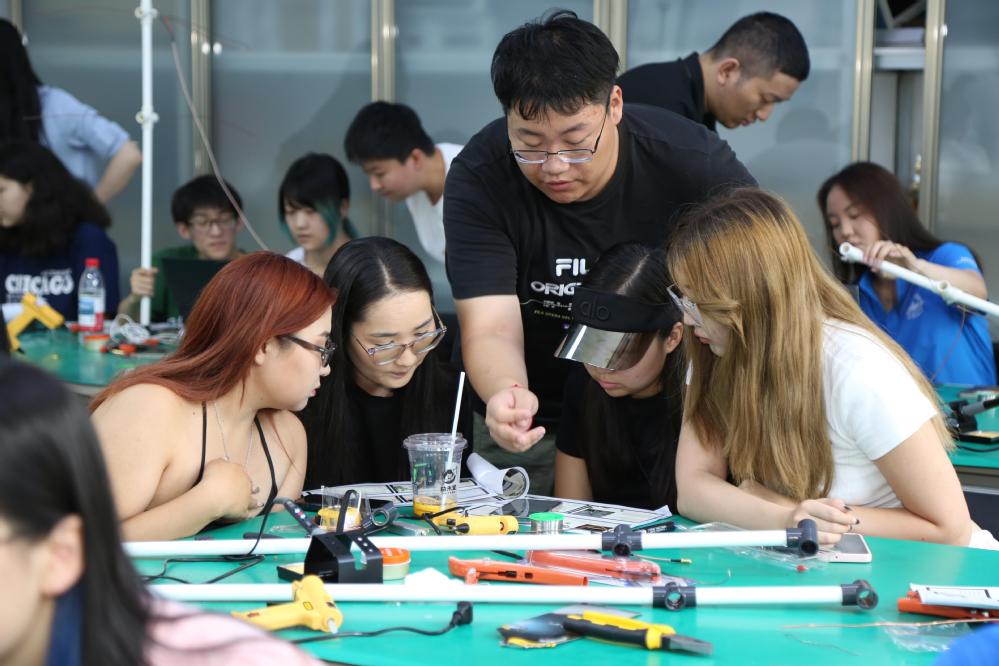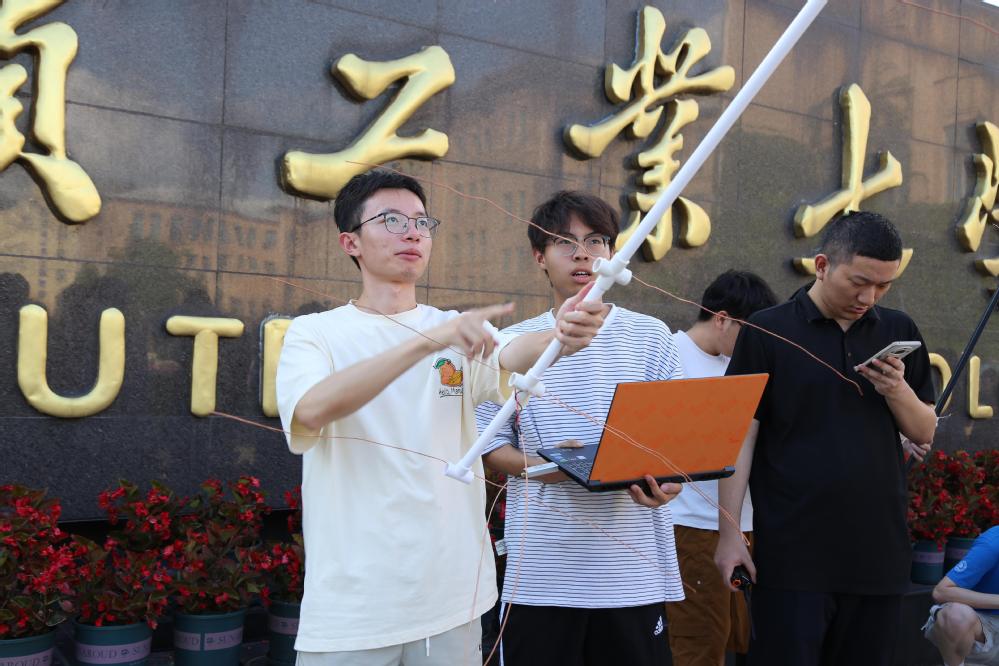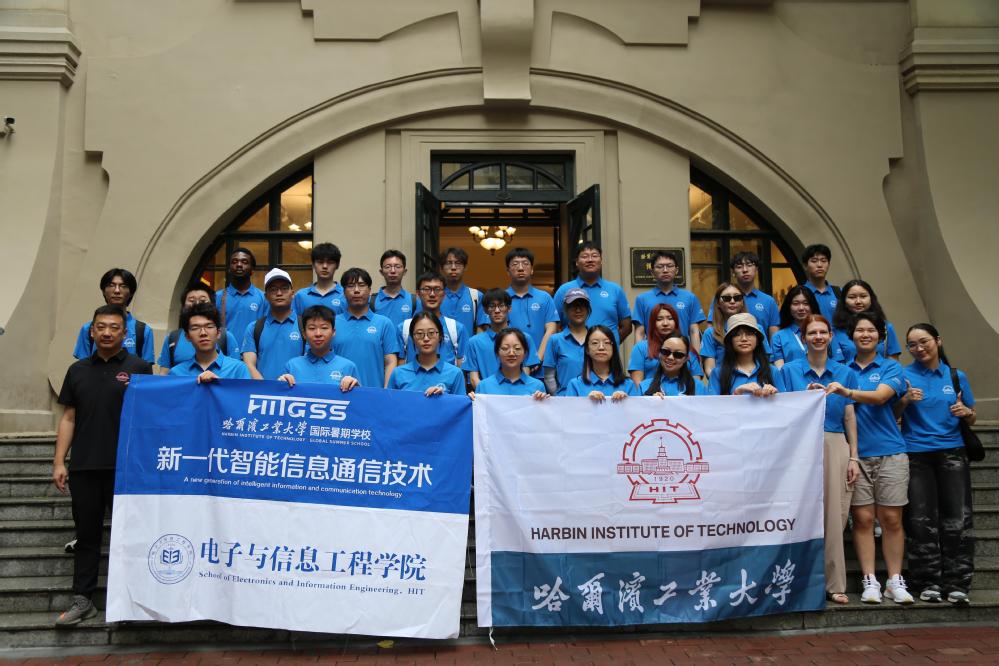From July 7 to July 18, 2025, Harbin Institute of Technology (HIT) successfully hosted the 2025 HIT Global Summer School (2025 HITGSS) titled “A New Generation of Intelligent Information and Communication Technology” The program attracted 37 students from leading domestic universities—including Shanghai Jiao Tong University, Fudan University, University of Science and Technology of China, and Shandong University—as well as international institutions in Russia, Spain, and Mongolia.
The summer school featured five distinguished scholars from home and abroad, including Professor Tony Quek, Academician of the Singapore National Academy of Engineering and faculty member at Singapore University of Technology and Design (SUTD), and Professor Chen Xiaohua from National Cheng Kung University (Taiwan, China). Through a combination of lectures and specialized seminars focused on cutting-edge topics in 5G, artificial intelligence, cloud computing, and edge computing, the program guided students to deeply understand the evolving landscape of intelligent information technologies, next-generation communications, and the Internet of Things (IoT). It further encouraged participants to reflect on the profound impact of increasingly intelligent ICT on global dynamics and human lifestyles, thereby stimulating innovative thinking and research curiosity.
Lectures and Courses
The summer school delivered four frontier-focused lectures, including “The Race to 6G: What’s Coming in 2025 and Beyond?” and “6G and Beyond Wireless Communications― Technical Issues, Challenges and Applications.” In addition, an advanced technical course titled “International Frontiers in 3D Video Signal Compression and Communication” was offered to expose students to state-of-the-art developments in multimedia transmission.

Practical Projects
A hands-on, open-ended experimental course—“Radio Direction Finding: Design and Practice”—was implemented as a key component of the program. Emphasizing student-led experimentation supported by instructor guidance, the course aimed to cultivate engineering awareness and innovation through software-hardware integration. Following the technical thread of “directional sensing → signal processing → spatial localization,” students designed and built a VHF-band direction-finding system using a three-element Yagi antenna array. This project significantly enhanced their understanding of radio wave spatial characteristics and their ability to develop complex engineering systems.


Student Reflections
Ms. Morozova Olga, a student from Moscow Power Engineering Institute (Russia), shared:
“This has been an unforgettable international summer school experience. We attended inspiring lectures by renowned experts in intelligent information and communication technologies and greatly strengthened our practical skills through the hands-on lab sessions. Chinese students were exceptionally friendly and offered us tremendous support—deep friendships were formed. Over these two weeks, my global perspective has broadened, and my passion for ICT has grown substantially. I sincerely hope to return to China—and to Harbin Institute of Technology—again in the future.”
Concluding Remarks
This summer school adopted an integrated pedagogical model of “in-depth theoretical instruction–autonomous experimentation–systematic validation.” By synergizing electromagnetic field theory, RF engineering, and signal processing techniques, the program guided students through a complete engineering workflow—from antenna design to target localization. It provided a high-quality international platform for academic exchange and skill development, fostered students’ interest in future information and communication technologies and their interdisciplinary applications, and laid a solid foundation for their future research and innovation in these rapidly evolving fields.


责任编辑:
审核:吴婉琼


